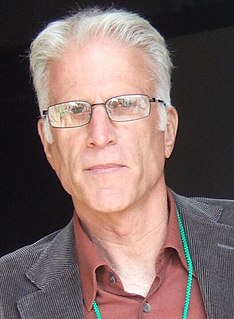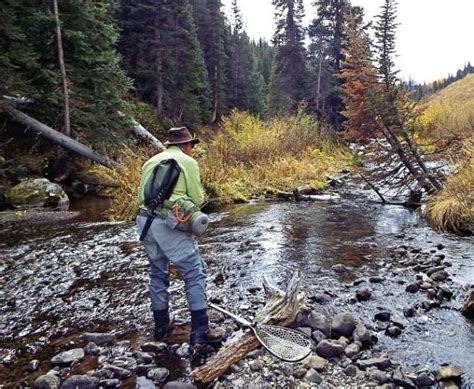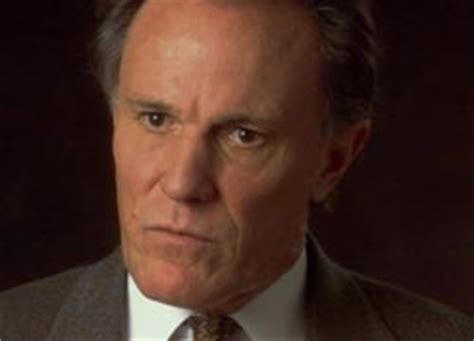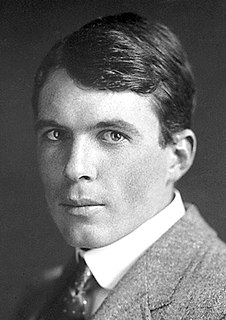A Quote by Mark Powell
We scientists can argue forever about important topics like slightly different flavors of vanilla ice cream. Consider the silliness of this debate: one group of scientists found a 90% decline of big fish and criticized fishery management. Some other scientists found an 80% decline and started a big argument with the 90% people. Who cares if it's 80% or 90%? The real question is whether it's OK to let fishermen take most of the big fish out of our oceans.
Quote Topics
About
Argue
Argument
Big
Big Fish
Cares
Consider
Cream
Criticized
Debate
Decline
Different
Fish
Fishermen
Flavors
Forever
Found
Group
Ice
Ice Cream
Important
Like
Management
Most
Oceans
OK
Other
Our
Out
People
Question
Real
Scientists
Silliness
Slightly
Some
Started
Take
Topics
Vanilla
Vanilla Ice Cream
Whether
Who Cares
Related Quotes
The biggest danger we face is overfishing. We literally could fish out our oceans, some scientists believe, in the next 40, 50, 60 years. We are fishing out the top of the food chain, and it's pretty crucial because about 200 million people depend on fish and fishing for their livelihood, and about a billion people, mostly in poorer countries, depend on fish for their protein. So this is a big problem. Good news is, it's fixable.
Using any reasonable definition of a scientist, we can say that 80 to 90 percent of all the scientists that have ever lived are alive now. Alternatively, any young scientist, starting now and looking back at the end of his career upon a normal life span, will find that 80 to 90 percent of all scientific work achieved by the end of the period will have taken place before his very eyes, and that only 10 to 20 percent will antedate his experience.
A standard saying among fly fishermen is that trout spend anywhere from 80 to 90 percent of their time feeding below the water's surface on the immature forms of aquatic insects. Some anglers are even more precise, but whatever the exact percentage , it's safe to say that to fully appreciate any tailwater fishery you will have to learn the fine art of nymphing.
Scientists are people of very dissimilar temperaments doing different things in very different ways. Among scientists are collectors, classifiers and compulsive tidiers-up; many are detectives by temperament and many are explorers; some are artists and others artisans. There are poet-scientists and philosopher-scientists and even a few mystics.
The big question that scientists haven't even begun to get an answer for is how many species of microorganisms are there? Now, this is not stamp collecting. What we need is experts totally devoting their research to everything they can find out about every species, in a community of scientists who appreciate that every fact counts...everything new you learn about any species in any group is worth publishing somewhere.
Scientists and theologians can’t offer better than circular arguments, because there are no other kinds of arguments. Bible believers quote the Bible, and scientists quote other scientists. How do either scientists or theologians answer this question about the accuracy of their conclusions: “In reference to what?
I feel very strongly indeed that a Cambridge education for our scientists should include some contact with the humanistic side. The gift of expression is important to them as scientists; the best research is wasted when it is extremely difficult to discover what it is all about ... It is even more important when scientists are called upon to play their part in the world of affairs, as is happening to an increasing extent.
Even the biggest bands - and I hate to break the magic - but even the band that sold out 90,000 tickets in your football stadium, they might come back two years later and do an arena. It still feels huge, but there's a difference - there's a big difference. And there's a big difference playing a 30,000-seat stadium and a 90,000.




































